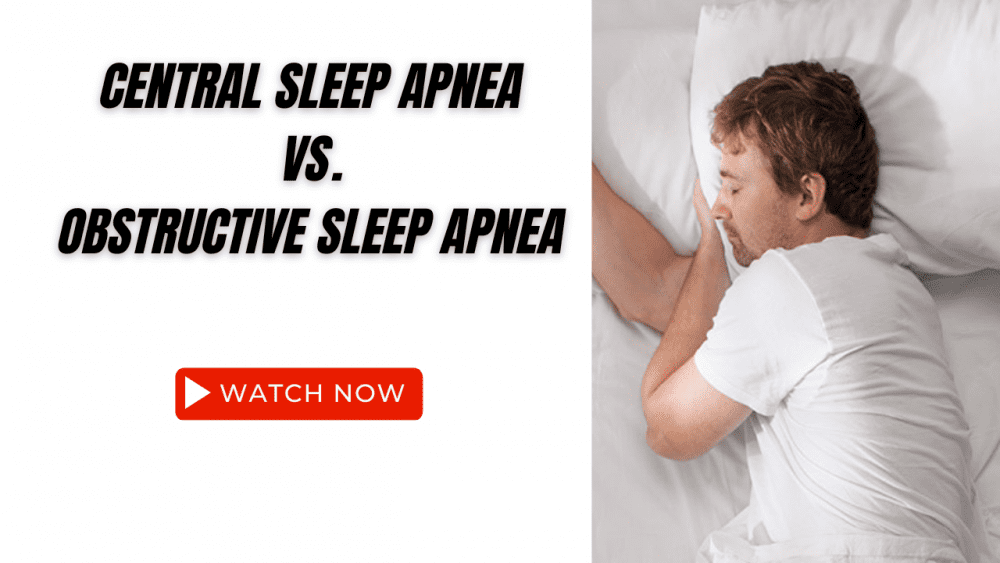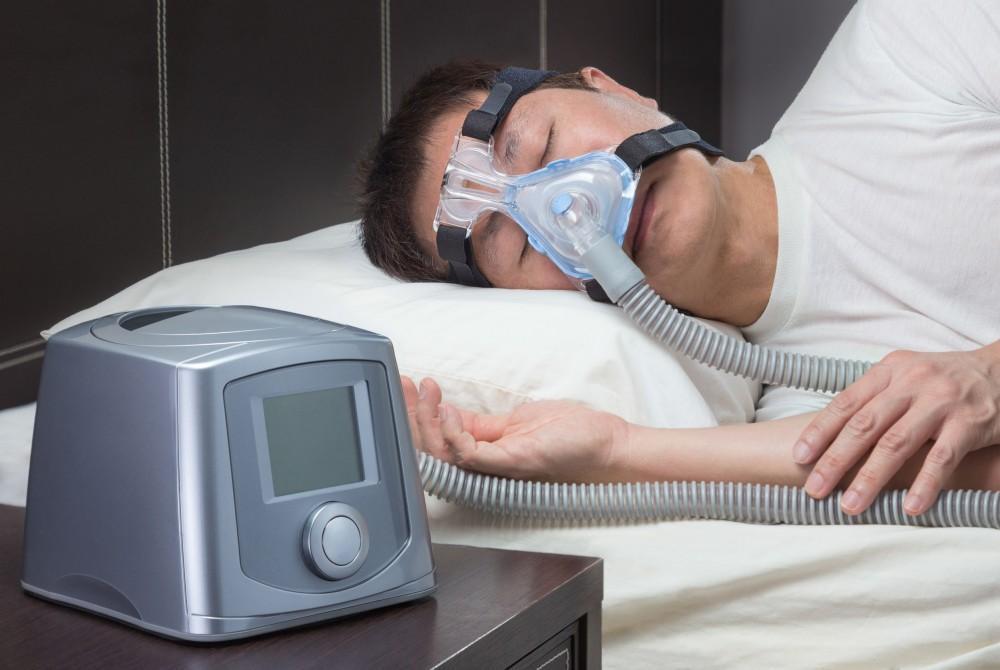
We Need To Talk About Opioid-Induced Sleep Apnea

There is no denying that narcotic medications have allowed for much-needed relief for patients in debilitating pain. But there can also be no denying that there is a dark side to the skyrocketing rate of prescribed narcotics like hydrocodone, oxycontin, and fentanyl, especially when they’re consumed over a long period of time. The risk of addiction and dependency looms largest, but opioid therapies carry a range of other risks. Opioid-induced sleep apnea is one of them.
Painkillers, Respiration, and Sleep
We know that painkillers come with a litany of side effects that include everything from dependency —which continues to climb at an alarming rate nationally — to nausea, dizziness, and even constipation. Cheerful ads like this one, sandwiched between morning cartoons and talk shows only serve to remind us how wide the consumer base of patients prescribed to long-term narcotics is:
Credit: YouTube
The chemicals in opioid medications work to reduce pain by attaching themselves to to opioid receptors, particularly on the brainstem. The brainstem takes care of the stuff our bodies put on autodrive, like breathing and heart function. This means that the process by which opioids provide relief for severe pain can also affect the reflexes that we rely on to survive. We’re most vulnerable to these effects when we put ourselves entirely into autodrive: when we’re asleep.
Do Painkillers Cause Sleep Apnea?
Painkillers can and do increase the risk of Central Sleep Apnea (CSA) — where the brain fails to signal to the breathing muscles — in some patients, for the reasons listed above. How often? Low estimates put the prevalence of CSA among chronic opioid users at 24%, but more recent studies place those numbers closer to 50% and as high as 90%. That certainly points to opioid-induced sleep apnea. What’s more, patients with Obstructive Sleep Apnea (OSA) — where breathing is interrupted due to airway tissue collapse — have their own risks to contend with. Studies have shown that patients with either type of sleep apnea experience more sleep apnea events per hour than patients not using opioids.
This makes an already serious disorder even more dangerous. During an apnea event, your brain and blood lose the oxygen you need. When these events increase, oxygen desaturation can be so severe that potentially deadly seizures and cardiac events could occur.
Protecting Against The Risk of Opioid-Induced Sleep Apnea
Knowing the risks associated with opioid induced sleep apnea means that it’s more important than ever to be an informed and involved patient.
- Consider other options for pain management at night: Patients who take opioids in conjunction with tranquilizers that include barbiturates or benzodiazepines are especially at risk for depressed respiration and opioid induced sleep apnea. Opioid-related breathing disorders are responsible for the majority of opioid related deaths in long-term users. There are other options for getting to sleep, including natural supplements like melatonin and medications in other classes.
- Know when to take your medication: Dosages delivered closest to bedtime pose the most risk. The half-life of a medication depends on the drug, the dose, and your own metabolism. Talk to your doctor about when to safely take your medication.
- Never mix alcohol and narcotics: There are multiple risks associated with combining alcohol and narcotics, and plenty of reasons to skip alcohol at bedtime. Safe sleep is just one more reason to take your medication as directed.
- Ask for a sleep study: Many people on extended pain therapy regimens that include opioids likely share risk factors for sleep apnea already. But even if you don’t share the same risk factors, like obesity, snoring, or diabetes, you should look into a polysomnography evaluation, or sleep test. At least one study noted that disordered breathing was higher in opioid patients with lower BMI. Snoring, obesity, or cardiological issues are not the red flag in this case. Chronic use of narcotics is.

You Might Also Enjoy...


Dr. Kakar Products

Central apnea vs. Obstructive sleep apnea

Warning to Patients about Ozone Cleaners

Ways to Help You Keep Hope Alive


